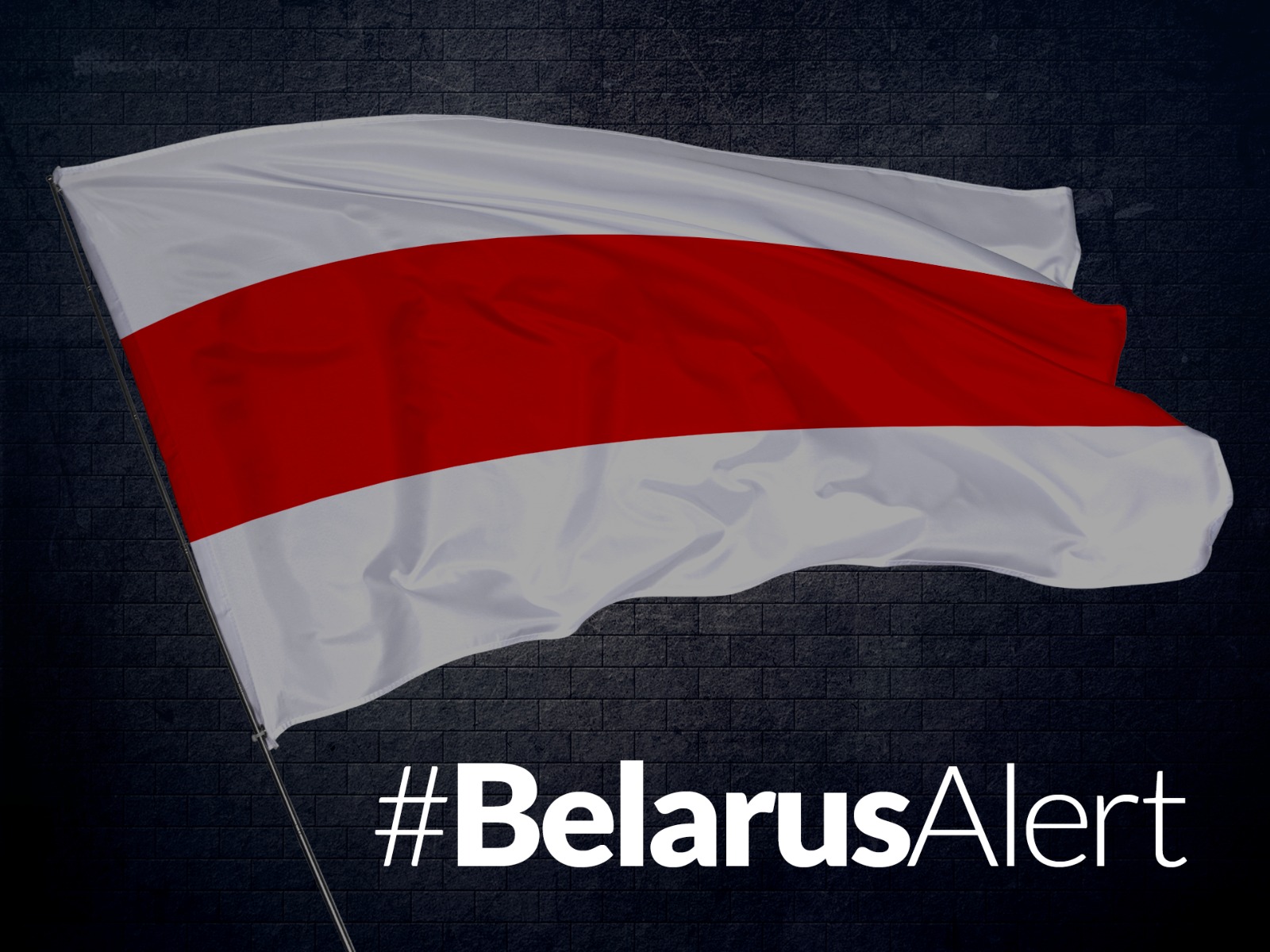BELARUSALERT – DAY 37
Date: 15 September 2020
Lukashenko in Sochi, Russian soldiers in Belarus

On Monday, September 14, a meeting between Vladimir Putin and Alexander Lukashenko took place at the Russian President’s residence in Sochi. This is the first foreign visit of the Belarusian president after the August 9 election. The talks lasted over four hours. Only a part of the meeting was open to the media. Lukashenko said that recent events showed that Minsk should cooperate more closely with Moscow, especially in terms of economy. In this context, he called Russia the “elder brother” of his country. The most important arrangement of the conversation (now publicly known) is the promise of a $1.5bn loan from Russia to Belarus. It was also confirmed that Lukashenko, with the approval of the Kremlin, would implement the scenario of a “constitutional reform” as a way to extinguish the crisis. Putin confirmed Russia’s allied commitments to Belarus. According to him, the military cooperation will be strengthened. On Monday, the Belarus-Russia Slavic Brotherhood-2020 wargame began near Brest, in the western part of the country. The maneuvers, which will last until September 25, will be attended by 800 soldiers (including 300 Russians) and 170 units of equipment (including 70 Russian ones). The core of the exercising forces will be constituted by the airborne troops. The maneuvers under the code name Slavic Brotherhood are being held since 2015 and include armed forces of Russia, Belarus and Serbia. This time, however, Belgrade cancelled its participation, claiming that it is under pressure from the EU (Serbia is applying for EU membership). On the day of the meeting between Putin and Lukashenko, a statement to the Russian authorities was issued by the opposition’s Coordination Council. The Council warned that “the Russian authorities’ support for the law enforcement, a policy of repression instead of dialogue, will undoubtedly have a negative impact on bilateral relations.” At the same time, it assured that the opposition does not want to worsen relations with Moscow. On Monday, the courts handed down nearly 50 sentences to those detained during the weekend protests. In Salihorsk three activists of the strike committee of the Belaruskali concern were arrested for 15 days each. According to the information of the Ministry of Internal Affairs, about half a thousand people are still awaiting trials in custody. Last week the number of detainees has been growing again, only on Sunday it was equal to 774 (500 in Minsk alone). On Monday another member of the Coordination Council was arrested. On September 14, the Catholic Church in Belarus informed – citing the response from the State Border Committee – that the authorities had cancelled the passport of Archbishop Tadeusz Kondrusiewicz. This was supposed to be the reason for not allowing the head of the Belarusian Catholics to enter the country. The Hierarch was diverted from the border crossing with Poland on August 31 when he tried to return to Belarus. Meanwhile, another Belarusian ambassador condemned the authorities’ forcible actions against the protesters. Following the representatives in Spain and Slovakia, the violence was condemned by the Ambassador of Belarus to the Netherlands – Andrei Yeudachenka. At the same time, he pointed out that good relations with Russia are essential and the opposition needs a leader other than Tsikhanouskaya, someone “with a lot of experience.” Following this statement Yeudachenka will most probably be dismissed from the post, similarly to the ambassadors from Slovakia and Spain before.
All texts published by the Warsaw Institute Foundation may be disseminated on the condition that their origin is credited. Images may not be used without permission.
















